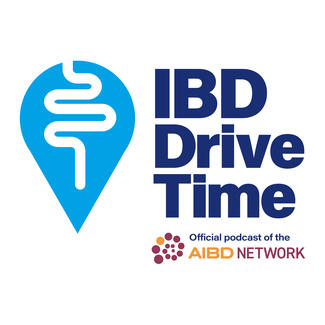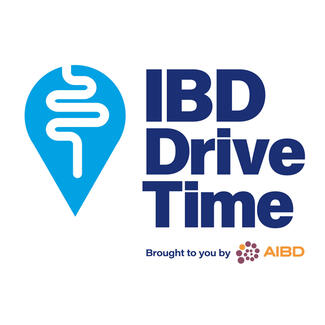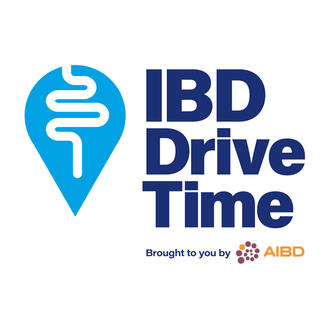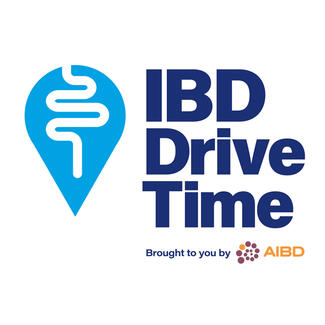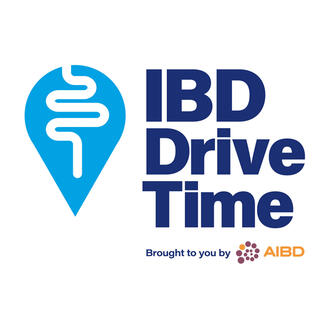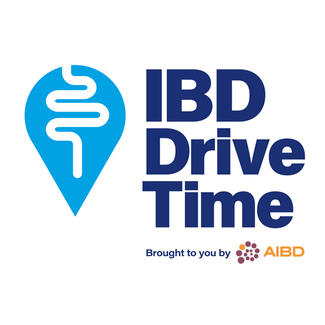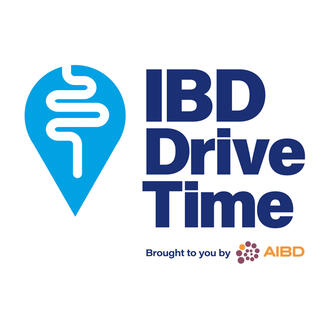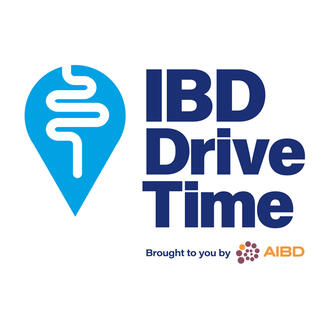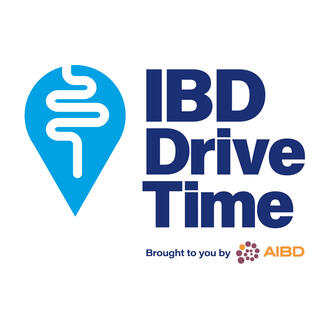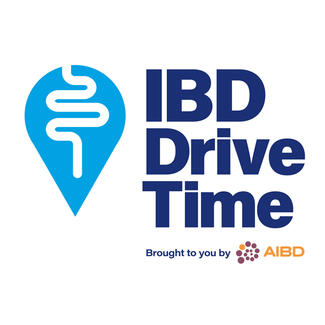Baldeep Pabla, MD, on Diagnostics and Monitoring in IBD
Dr Pabla discussed the importance of focusing on the clinical history and other concomitant medications when diagnosing IBD, and the use of ultrasound, biomarkers and other modalities when monitoring patients' conditions.
Baldeep Pabla, MD, is an assistant professor of medicine in the Division of Gastroenterology, Hepatology, and Nutrition at Vanderbilt University Medical Center.
TRANSCRIPT:
Hello! My name is Dr. Baldeep Pabla. I'm at Vanderbilt University Medical Center at the Inflammatory Bowel Disease Clinic, and I'll be talking with you about a presentation I gave at AIBD regarding diagnostics and monitoring for patients with inflammatory bowel disease, with slides that were prepared by Dr. Eugene Yen, and were edited and reviewed by myself and presented at the conference.
So some of the main takeaways from the talk were first, beginning with how we diagnose patients with inflammatory bowel disease and making it very important for us to consider a broad differential diagnosis when somebody comes to us undifferentiated, really focusing on the clinical history and other concomitant medications. We talked about conditions like immune mediated checkpoint colitis as well as microscopic colitis, and how to differentiate those on histopathology and consider different treatments for those different diseases.
We also talked about patients who have incidental terminal ileitis, which is often seen on screening colonoscopy. How to think about this entity, and how to monitor this mainly benign entity.
We began a discussion regarding intestinal ultrasound, and when we were talking about ways to monitor patients who have established diagnosis of inflammatory bowel disease, both Crohn's and ulcerative colitis and presented some data regarding the use of intestinal ultrasound and the diagnosis and monitoring patients with IBD.
We also talked about other biomarkers to help follow disease, activity such as C-reactive protein and fecal calprotectin and really highlighted how the STRIDE and STRIDE 2 guidelines emphasize a treat to target paradigm over just clinical symptoms alone, and we showed some correlates that really demonstrate that symptoms don't correlate very well with intestinal inflammation in both ulcerative colitis and Crohn's disease. And we reviewed the CALM study, which showed how a treat to target paradigm improves outcomes in patients with Crohn's disease.
We then focused more specifically on intestinal ultrasound, and looked at some studies in pediatrics and adults, both for patients with Crohn's disease as well as acute, severe ulcerative colitis and showed the value of intestinal ultrasound and really monitoring patients in a serial fashion to show that you're achieving the desired disease control.
We finished with the discussion regarding therapeutic drug monitoring and really focus that discussion on the anti-TNF data as that's where therapeutic drug monitoring is most robust highlighting some very interesting data showing improvements in outcomes with proactive drug level monitoring, although kind of noting that this is still somewhat controversial even in the anti-TNF space. And we talked about therapeutic drug monitoring and other mechanisms, such as the integrin and interleukin space, and how this is an evolving treatment paradigm, and how data is less robust in this space, but may speak to some value in dose escalation in these other mechanisms.
We then concluded the talk with a robust QA and had some great conversation regarding how practical considerations of monitoring inflammatory bowel disease play out in the clinic.









